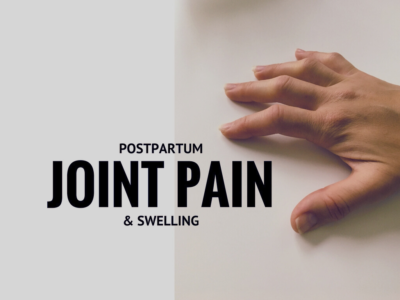Consuming foods like fish, whole-fat dairy products, legumes, nuts, and almonds is crucial for reducing the risk of heart disease.
When it comes to our overall well-being, prioritizing heart health is paramount. Heart disease continues to be a leading cause of mortality worldwide. However, a recent study has revealed the potential of specific foods in reducing the risk of this condition. Including fish, whole-fat dairy products, legumes, nuts, and almonds in our diet can prove instrumental in safeguarding our heart health. In this article, we will delve into the incredible benefits of these nutritional powerhouses and explore how they contribute to a healthier heart.
Fish: A Sea of Benefits
Diving into a heart-healthy diet, we find an ocean of benefits by incorporating fish, particularly fatty fish like salmon, mackerel, and trout. These fish varieties are rich in omega-3 fatty acids, which have been extensively studied for their cardiovascular advantages. Omega-3s help regulate blood pressure, lower triglyceride levels, reduce inflammation, and enhance overall heart function. By consuming fish, ideally two servings per week, we can significantly decrease the risk of heart disease. Additionally, fish serves as a lean protein source, making it a healthier alternative to high-fat meats.

Whole-Fat Dairy Products:
Contrary to prevailing beliefs, recent research suggests that moderate consumption of whole-fat dairy products, such as milk, cheese, and yogurt, can have positive effects on heart health. These dairy products provide essential nutrients like calcium, potassium, and vitamin D, contributing to healthy blood pressure levels. Furthermore, whole-fat dairy contains conjugated linoleic acid (CLA), which may reduce the risk of heart disease and improve insulin sensitivity. However, it is essential to exercise moderation as these products can be calorie-dense, and excessive intake may lead to weight gain, a known risk factor for heart disease.
Legumes: A Plant-Powered Protection
In the realm of heart-healthy choices, legumes emerge as a powerful ally. Beans, lentils, and chickpeas, among others, are packed with soluble fiber that aids in lowering cholesterol levels by impeding the absorption of dietary cholesterol. This, in turn, reduces the risk of plaque formation in the arteries. Legumes are also low in saturated fat and rich in plant-based protein, making them a fantastic substitute for animal proteins higher in unhealthy fats. Regular consumption of legumes not only contributes to a healthier heart but also promotes overall well-being.

Nuts and Almonds: Tiny Powerhouses
Nature’s compact powerhouses, nuts like almonds, walnuts, and pistachios, offer a wealth of heart-healthy nutrients. These small wonders are abundant in monounsaturated and polyunsaturated fats, which have been linked to improved cholesterol levels and reduced inflammation. Incorporating nuts into our diet has been associated with a lower risk of heart disease and improved cardiovascular health. Additionally, nuts provide an array of essential vitamins, minerals, and antioxidants, including vitamin E and magnesium, which further support heart health. A mere handful of nuts a day can yield significant benefits when integrated into a balanced diet.
Taking charge of our heart health requires mindful dietary choices. By including fish, whole-fat dairy products, legumes, nuts, and almonds in our meals, we can significantly reduce the risk of heart disease, paving the way for a healthier and more fulfilling life.



